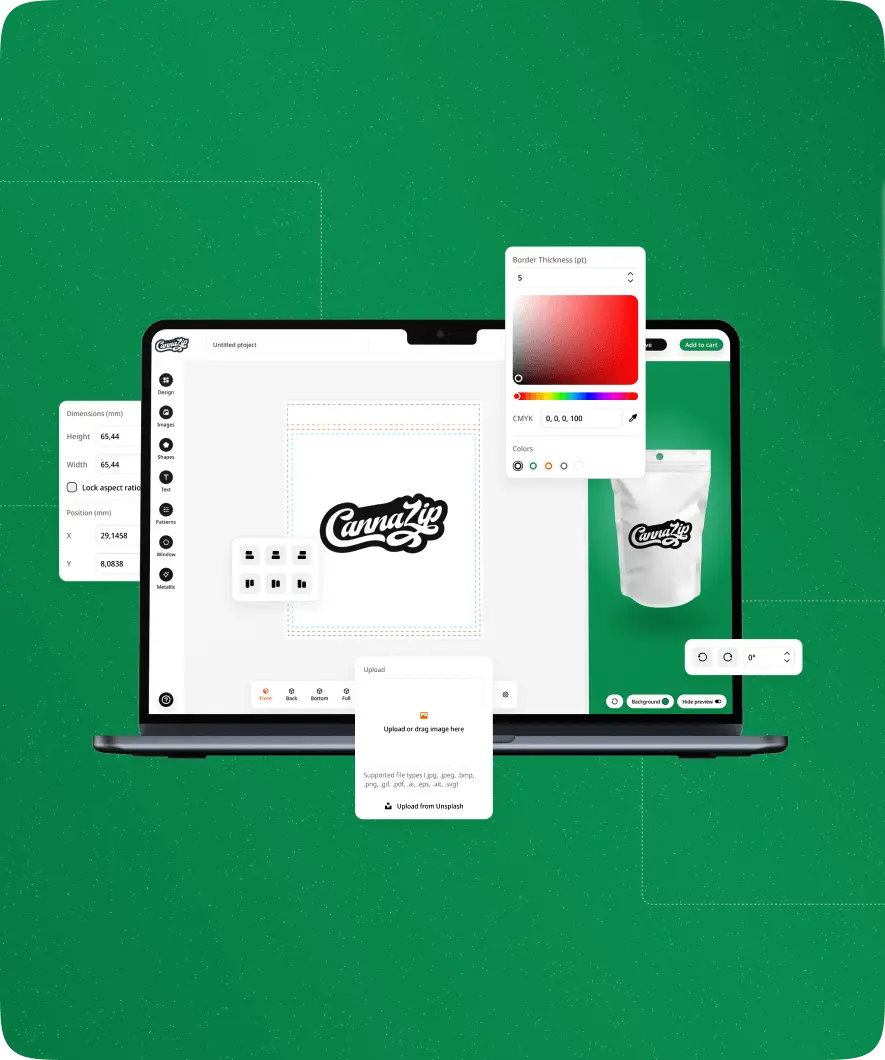THE NO
 BULLSHIT
BULLSHIT

 WEB
WEB
AGENCY

AGENCY
Digital Solutions for the Skeptical: Because We're Tired of the Industry's BS Too.
Portfolio
Show, Don’t Tell
Portfolio
Code is cheap. Value isn't. Browse projects where we've delivered both.
Portfolio

Portfolio

Portfolio

Portfolio

What We Do (And Do Well)
Our services
(^_~)
(^_~)
(^_~)
(^_~)
01
Websites & E-commerce
Landing Pages
€3.000 - €8.000
Custom Multi-Page Websites
€12.000 - €30.000
Award-Winning Websites
€30.000 - €50.000
Ecommerce Solutions
€13.000 - €35.000
02
Business Software & Automation
Business Process Automation Software
€2.000 - €20.000
Custom Software
€15.000 - €70.000
Digital Transformation
€100.000 - €500.000
AI Integration
€2.000 - €15.000
03
Product Design & Development
Web & Mobile Apps
€20.000 - €70.000
MVP Development
€7.000 - €14.000
web3 Development
€15.000 - €100.000
XR Development
€7.000 - €45.000
04
Team Augmentation
Augmented Development Team
Starting from €8.000/month
White Label Development Team
Starting from €24.000/month
CTO Consulting
Starting from €150/hour
Cust 
 mer
mer
re
 iews
iews


re



5.0
Colin Whitfield
Dev Manager at Fabric Data
“On delivery they totally smashed it, not only on time but minimal bugs and top turnaround time. Huge value for money and totally dependable. They understood every requirement, communicated like professionals in a totally native and easy way. Our Tech Lead was super happy with their React know-how. Our PM with their communication abilities and dependability for delivery. Flawless experience from start to finish.”

5.0
Șerban Leafă
CEO at 441 Design Studio
“We hired Neo Vision to implement a web-based 3D model app for one of our major clients. We selected them for several reasons: they had high ratings, their pricing fit within our budget, and their values aligned with ours. Additionally, the good value for cost made them stand out."

5.0
Bogdan Jarcă
Sales Manager at Forbes Romania
"The feeling of being comrades fighting for the same objectives coming from a supplier was definitely unique."

5.0
Eduard Burghelia
CEO at Confidas
“With an investment of $70,000–$100,000, they’ve consistently delivered results on time, resolving early communication issues quickly. What sets Neo Vision apart is their genuine care for our business, offering valuable feedback and delivering as promised. We’re very satisfied with their work and have no suggestions for improvement.”

5.0
Davis Tiburzi
CEO at CannaZip
“I hired Neo Vision to create an e-commerce platform for my packaging company under a tight deadline and budget. They delivered a high-performing, user-friendly website in under two months, exceeding all expectations. Their competitive pricing, responsiveness, and attention to detail were exceptional.”
Our
Approach
01
Assess the Project
We don't pull numbers out of thin air. We size up your project, giving you a clear cost and timeline.
02
The Brief
Industry jargon? Not here. We get to the core of your industry and highlight what sets you apart.
03
Budget and Schedule
Clear numbers and deadlines. We value your time and wallet. Team and Resources: Handpicked talent, no seatfillers. We set a game plan that everyone can rally behind.
04
Assess the Project
Estimate costs and timeline with laser-like accuracy (within 15% by project's end)
05
Build the Product
Bi-weekly updates that actually mean something. We build, you watch.
06
Test and Feedback
We put your product through its paces, fine-tune it with your feedback, and prep it for release.
07
Launch and Monitor
Smooth launch, zero drama. We've got your back, even after the confetti settles.
08
Ongoing Work
Market shifts? We pivot. New opportunities? We seize them. Your growth is our endgame.
Our Approach
01
Assess the Project
We don't pull numbers out of thin air. We size up your project, giving you a clear cost and timeline.
02
The Brief
Industry jargon? Not here. We get to the core of your industry and highlight what sets you apart.
03
Budget and Schedule
Clear numbers and deadlines. We value your time and wallet. Team and Resources: Handpicked talent, no seatfillers. We set a game plan that everyone can rally behind.
04
Assess the Project
Estimate costs and timeline with laser-like accuracy (within 15% by project's end)
05
Build the Product
Bi-weekly updates that actually mean something. We build, you watch.
06
Test and Feedback
We put your product through its paces, fine-tune it with your feedback, and prep it for release.
07
Launch and Monitor
Smooth launch, zero drama. We've got your back, even after the confetti settles.
08
Ongoing Work
Market shifts? We pivot. New opportunities? We seize them. Your growth is our endgame.
Admitted by Professionals
Awarded Worldwide
Awarded Worldwide
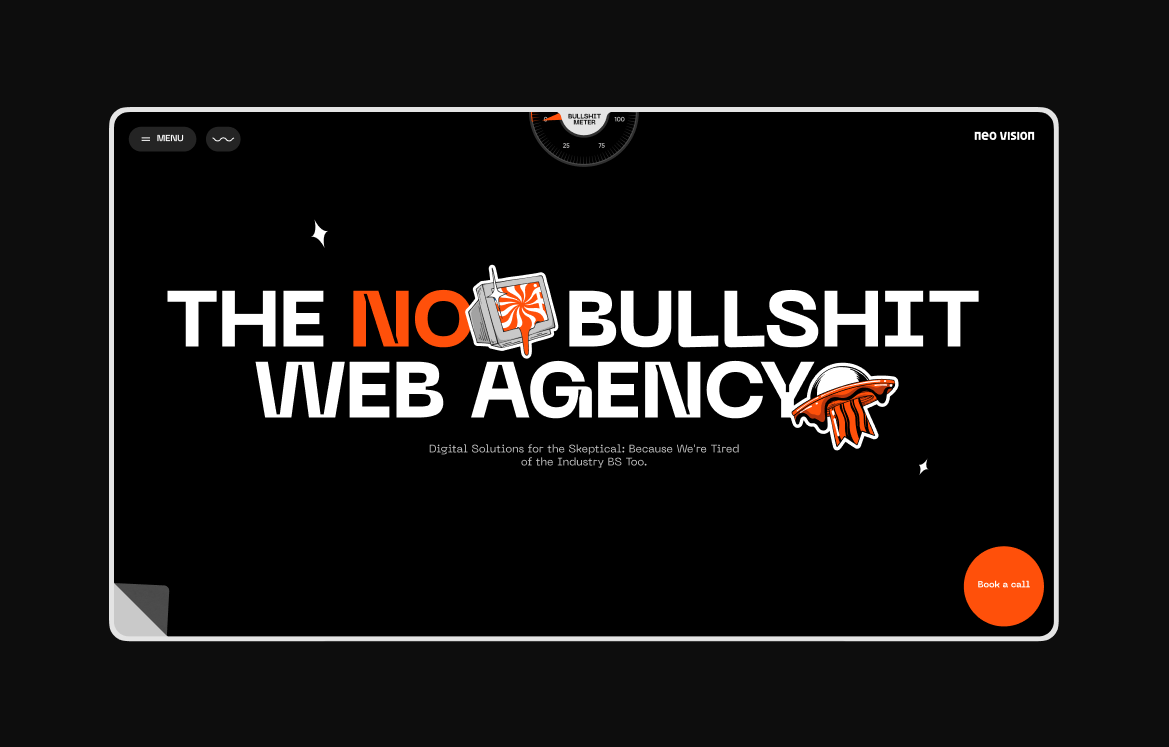
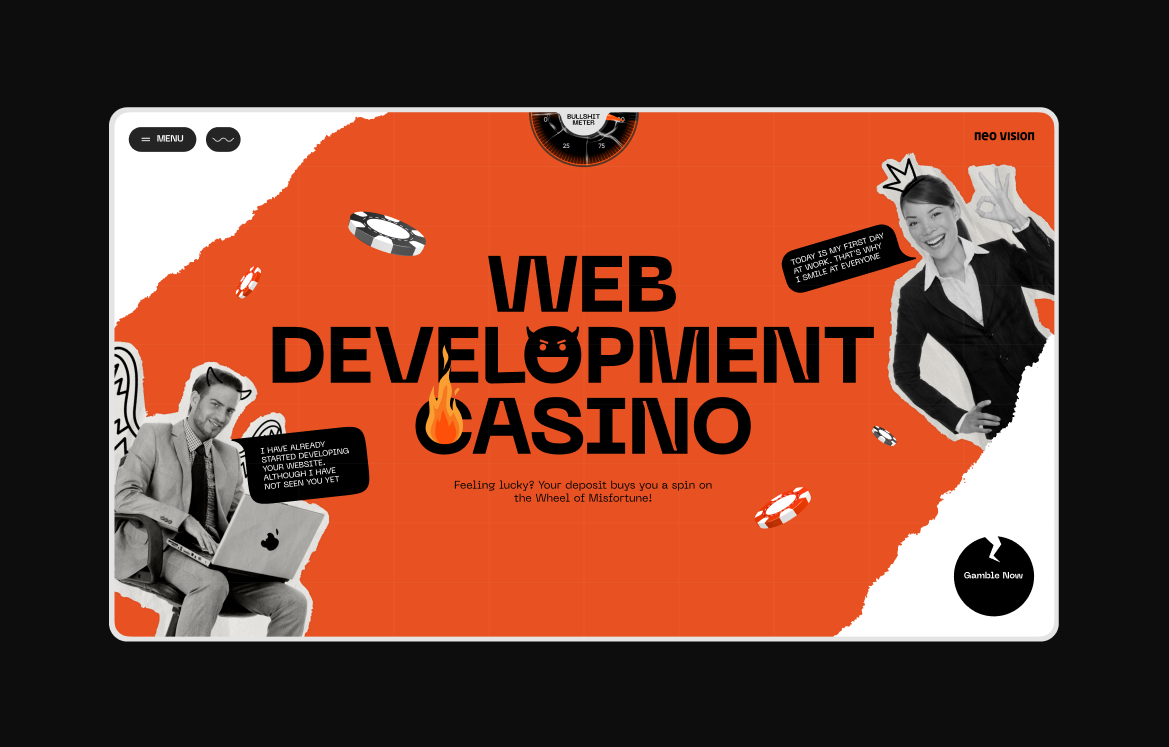
01
Neo Vision - FWA Of The Day
01
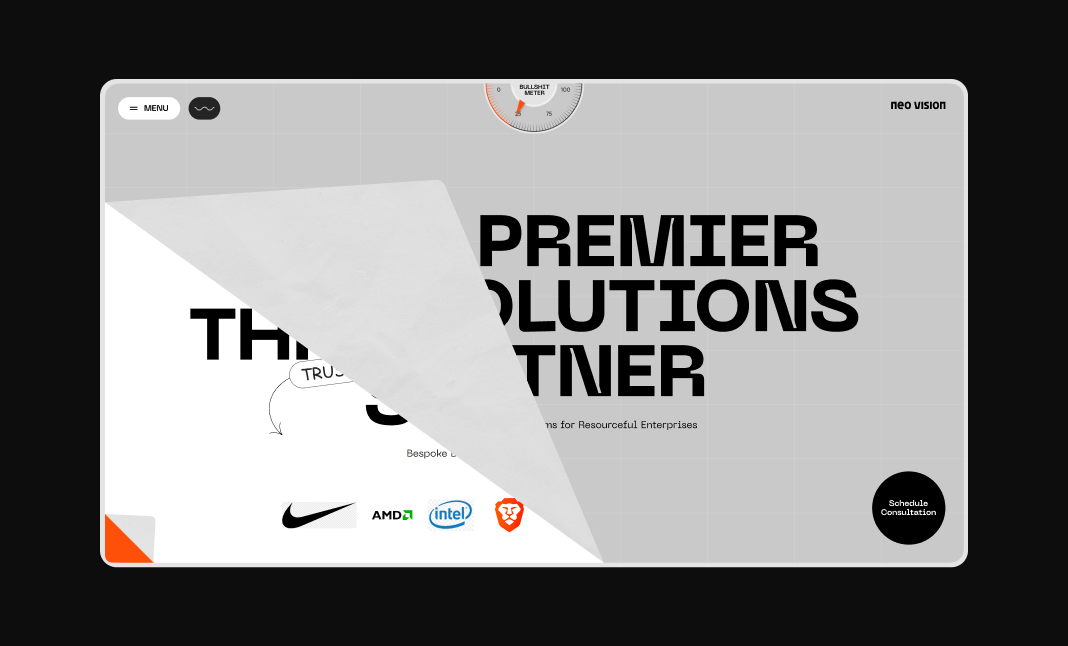
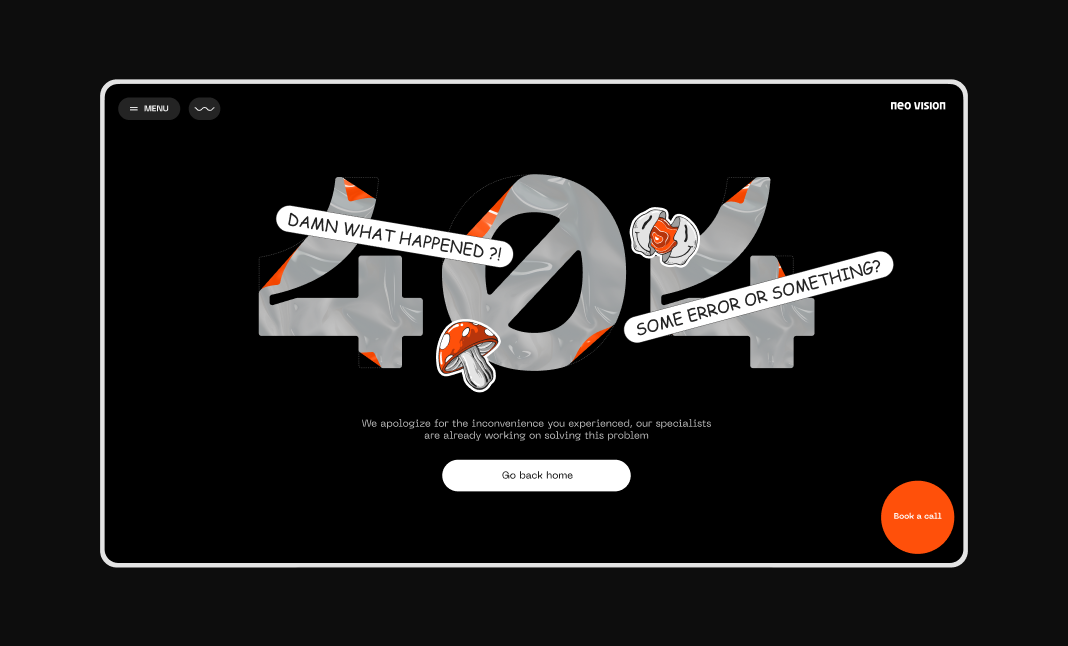
02
CSS Winner Site Of The Day
02
03
TB 2024: #1 in Custom Software
03


04
Inowize CSS Winner Star Award
04


05
Awwwards Honorable Mention
05
06
Clutch Champion Fall 2023
06


07
The Blue Renaissance CSS Winner Star Award
07
08
Clutch Global Award Winner
08
09
TB 2024: #1 in ReactJs in Romania
09
We don’t chase awards, we just do the work that earns them.
Transforming Digital 
 Dilemmas
Dilemmas


Simple solutions for an industry that loves to overcomplicate.

Estimate Roulette: No One Wins
The web development industry is notorious for ridiculous estimates. Agencies lure you in with low prices, then surprise you with hidden fees. And when they do provide a “detailed” estimate, it reads like quantum physics. This kind of nonsense is exactly why people have a hard time trusting anyone in this industry.
The Problem

What We Do Differently
We lay it all out—every task, every hour, every cost. You get a minimum and a maximum budget. End up under it? You pocket the change or invest in new features. We overshoot? We eat the cost, not you. The price we shake hands on is the price you pay. End of story.
The Solution
Practical Advice for Real Problems
Let
 's talk about
's talk about
yo
 ur project
ur project 



yo







